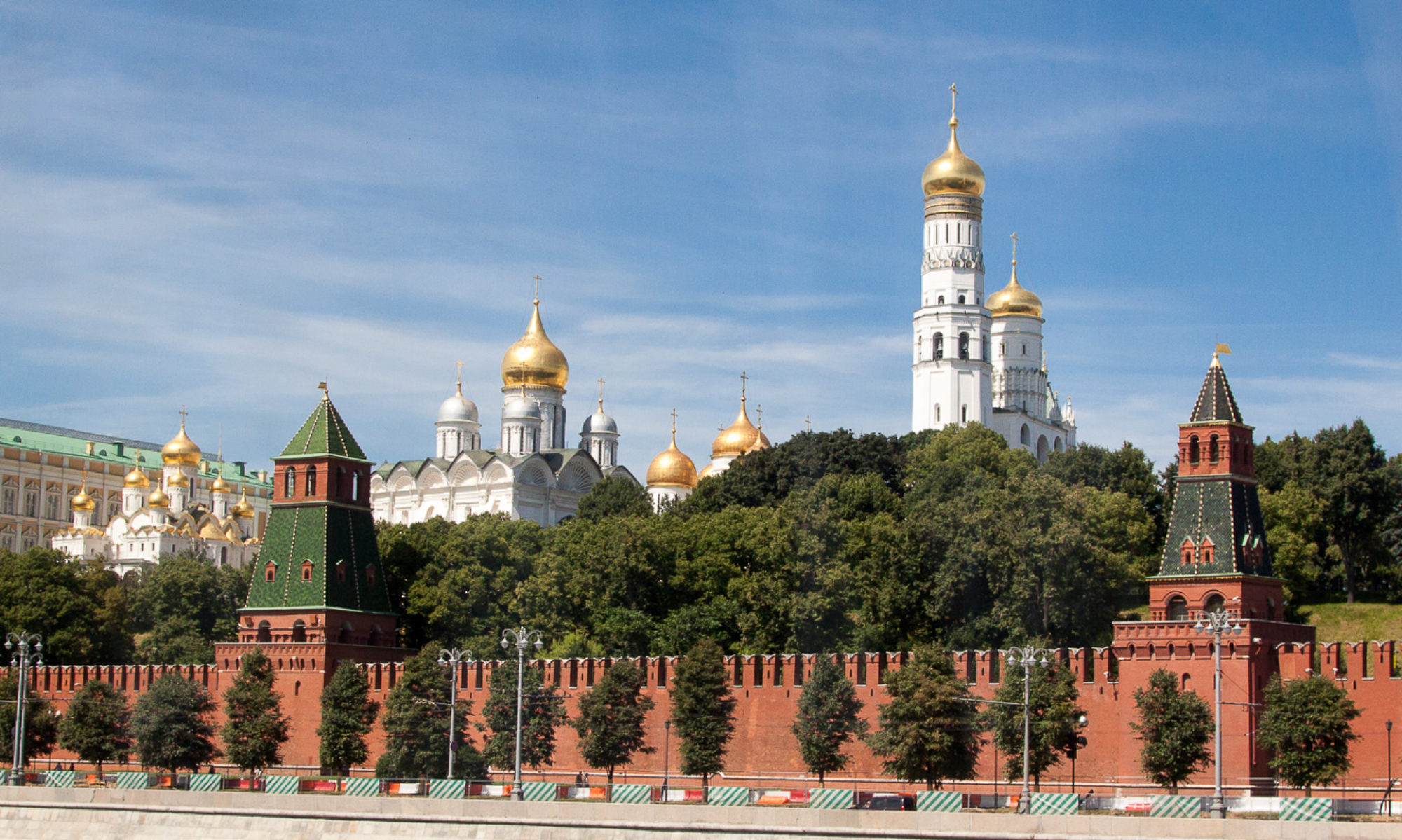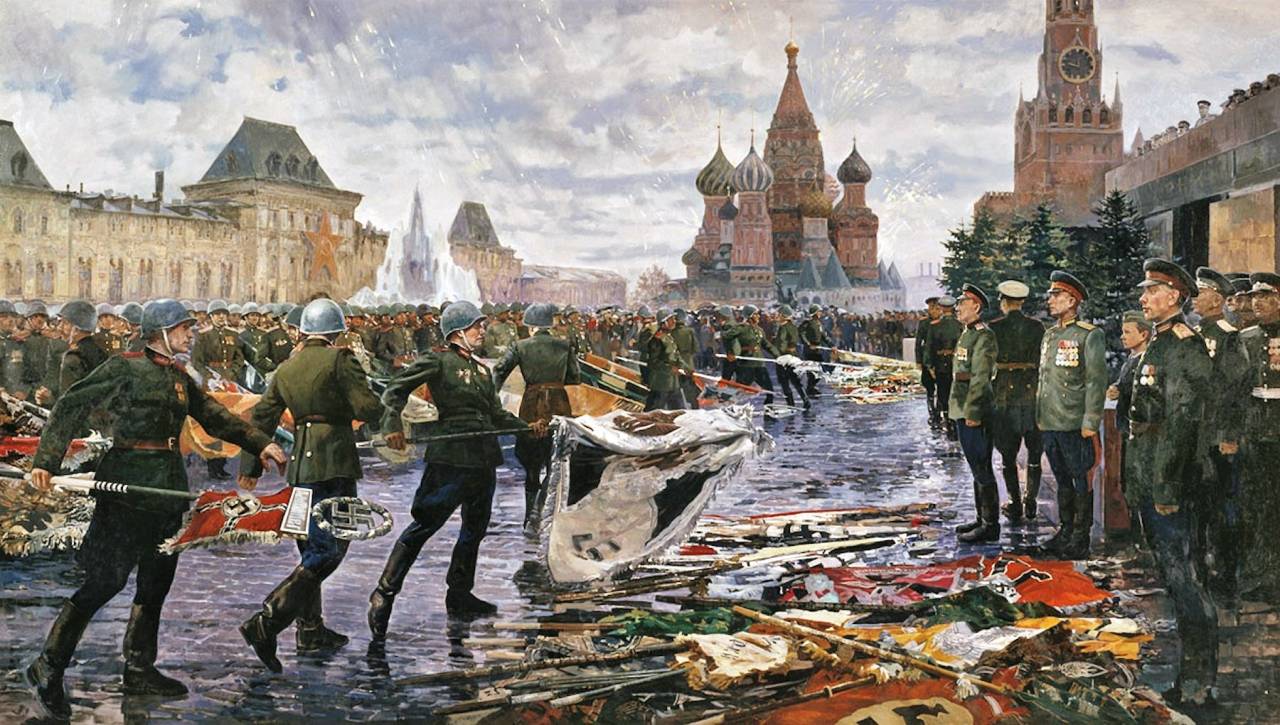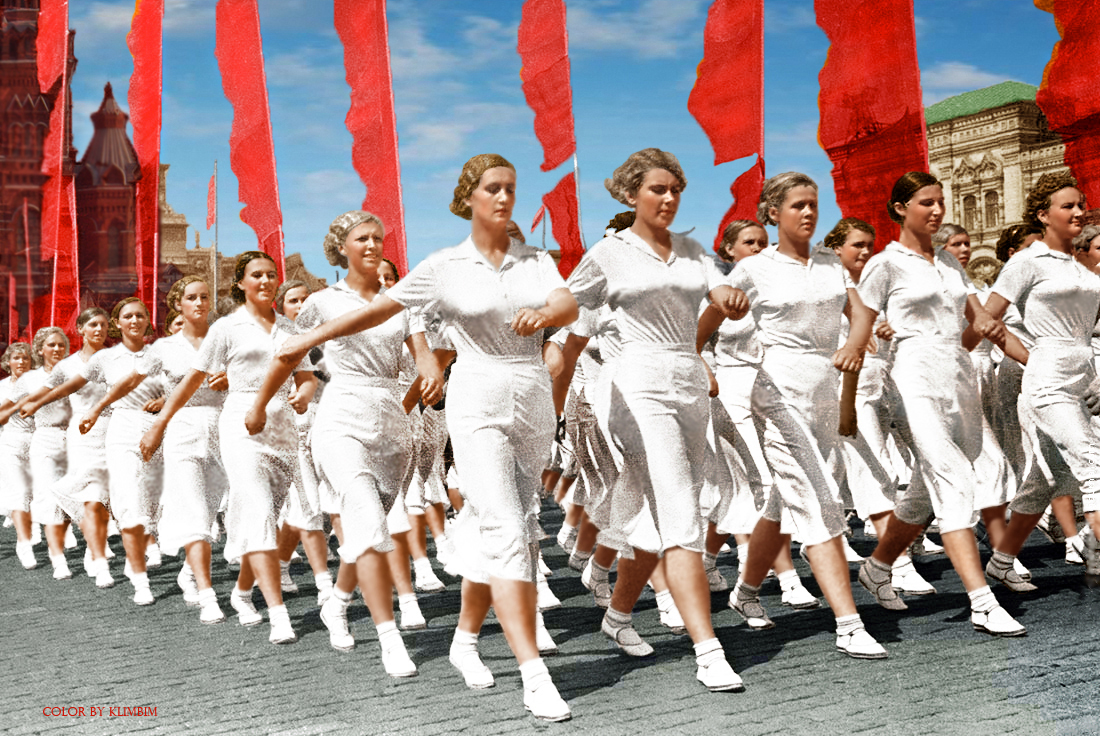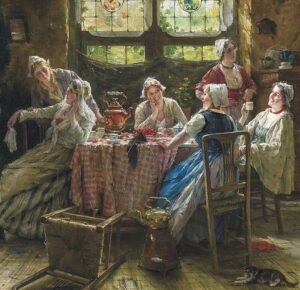
(continued from part 3)
Life in the USSR: Stalin and beyond
As to rural areas, I can offer some personal experience in addition to the government statistics.
In the summers of 1951, 1956, and 1962, I vacationed on the beaches of the Black Sea (Northern Caucasus). My parents took me there in 1951, and I went on my own the other two times. Our trains stopped for a long time at multiple railway stations along the way. In the 1950s many locals brought food to sell to the passengers. There were boiled, fried, and smoked chickens; boiled eggs, home-made sausages, hot pastries with a multitude of fillings like fish, meat, liver, and mushrooms, and so forth. In 1962 their only offers were hot potatoes and pickles. Continue reading “USSR: Stalin’s Economy, a Personal Story. Part 4 of 4”











